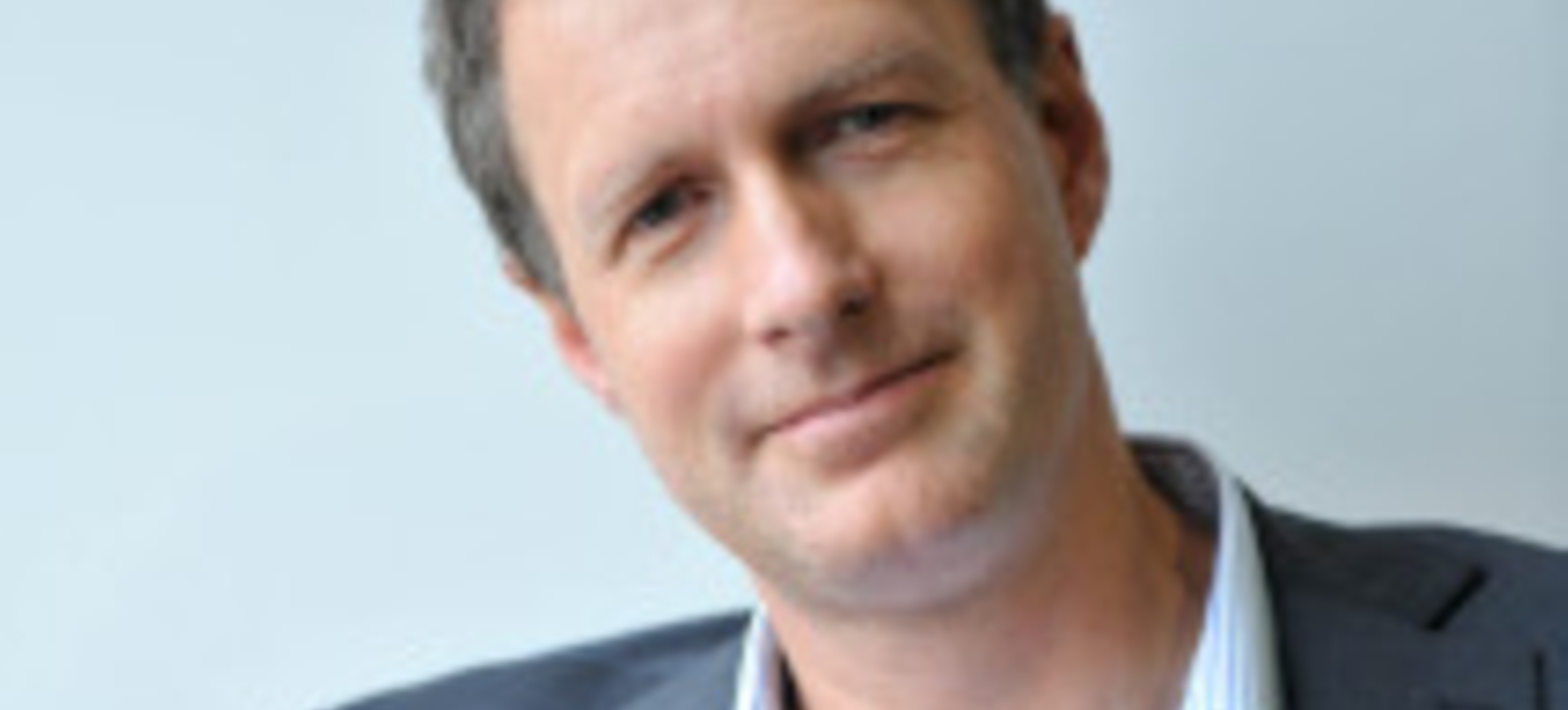
- New behavioural science course sees WBS partner with the 'Nudge Unit'
- The Mind is Flat author Nick Chater will teach on the three-day course
- Managers and executives from all over the world ensure a full first cohort
- WBS London hosts the course on its new 13th floor facility at The Shard
Warwick Business School and the Behavioural Insights Team (BIT) have launched a new course to help businesses use behavioural science.
The new three-day Behavioural Science in Practice course starts today at the school's base at The Shard – the first course to be held on WBS London's new facility on the 13th floor.
The collaboration is the first of its kind between a UK academic institution and BIT, more commonly known as the Nudge Unit and now jointly owned by the UK Government and innovation company Nesta.
This unique executive programme has attracted a full cohort of professionals and practitioners from across the world, unified in a goal of implementing the pragmatic learning from the programme.
Behavioural science has revolutionised many areas of public policy, from pensions to tax collection, by challenging traditional behaviour models and providing a more realistic understanding of what drives our decisions.
Participants will learn about key principles and current thinking in behavioural science, and how to apply them to research, design and test ideas. The course emphasises practical application to transfer learning and experience back into the workplace.
The academic content of the programme is led by Nick Chater, Professor of Behavioural Science at WBS and author of controversial new book The Mind is Flat, and Michael Sanders, BIT’s Chief Scientist.
They focus on the core insights from the behavioural science literature, while Ed Gardiner, Course Director, and Owain Service, BIT’s Managing Director, explore how these ideas are applied to real world problems.
One example of the biases and heuristics uncovered by behavioural science is found in an experiment offering people a boring, cheap holiday or an expensive exciting one in the sun. Asked which one they would choose, most people choose the exciting and expensive holiday, because it sounds exciting. But when asked which one they would reject, the majority paradoxically again pick the exciting and expensive holiday because it is expensive.
“Just by changing the question from choose or reject, people are ‘primed’ to think of a positive reason or a negative reason, and the expensive-exciting holiday has the strongest positive and negative reasons,” said Professor Chater.
“So people can choose and reject the very same thing! Often our views are pretty ill-defined, and our choices can be nudged either way depending on how the question is asked."
Mr Service said: “There are a growing range of courses that give you a good understanding of the behavioural science literature. But it’s often difficult to take these insights and use them to solve real world problems. This new programme takes the most important ideas from the behavioural sciences and shows you how you can use them in practice.”
Participants on the programme received complementary copies of Professor Chater’s new book The Mind is Flat: The Illusion of Mental Depth and The Improvised Mind and Mr Service’s book Think Small: The Surprisingly Simple Ways to Reach Big Goals.
Due to the high-level of interest, the programme will be running for a second time from November 14 to 16.
Oliver Walmsley, Director of Executive Education at WBS, said: “Working to develop and promote this programme with the WBS Behavioural Science group and the Behavioural Insights Team has been fantastic.
“The interest from across the world has been considerable and resulted in a diverse participant group and a premier learning experience for all. While having the opportunity to present the 13th floor at The Shard for the first time has made it a special programme.”
For more information on the Behavioural Science in Practice course click here.




 X
X Facebook
Facebook LinkedIn
LinkedIn YouTube
YouTube Instagram
Instagram Tiktok
Tiktok